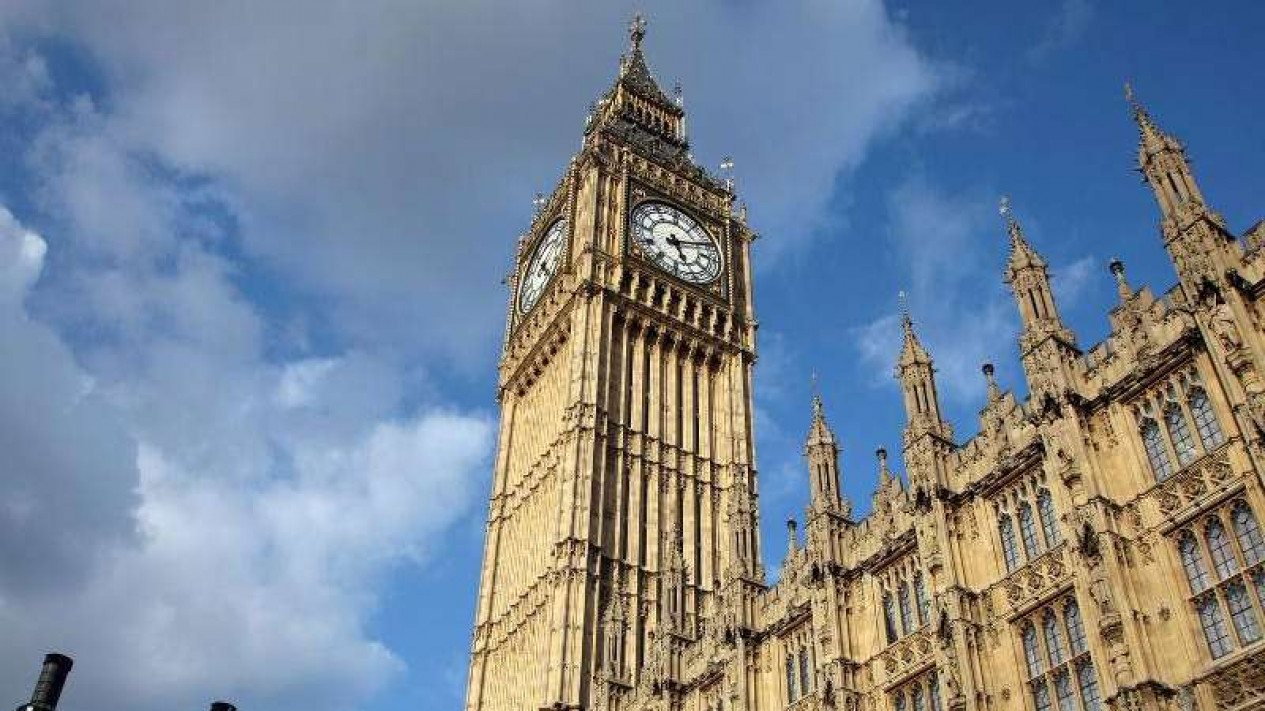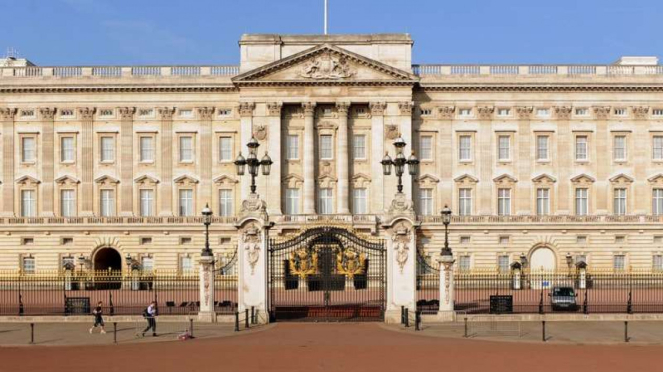AI Reveals United Kingdom May Sink Out of Existence

London – The huge parts of the United Kingdom (UK) will “sink out of existence” in less than 100 years, Google's Artificial Intelligence-powered software has claimed.
The newly-update chatbot called Bard has made several chilling predictions this week, from how and when the world will end to Vladimir Putin being the biggest hurdle when it comes to the end of Russia's invasion in Ukraine.

Buckingham Palace
- Royal.co.uk
And now, when asked to give more worrying comments on the fate of the UK, it has claimed that a there are nine areas of the UK at huge risk of sinking by the year 2100 “if sea levels rise by two metres”, one is the nation's capital city.
They are Happisburgh Norfolk, Kessingland Suffolk, Hornsea East Riding of Yorkshire, Withernsea East Riding of Yorkshire, Hull East Riding of Yorkshire, Grimsby Lincolnshire, Peterborough Cambridgeshire, Cambridge Cambridgeshire, and London.
Bard explained: “The east coast of England is most at risk of sinking first due to sea level rise. This is because the land is subsiding, or sinking, while sea levels are rising,"
“The combination of these two factors means that the east coast is more vulnerable to flooding and erosion. These areas are all at risk of being submerged by 2100 if sea levels rise by two metres," It added.
“It's important to note that the rate of sea level rise will depend on how much greenhouse gas emissions are reduced in the coming decades,"
Kecerdasan buatan (artificial intelligence/AI).
- Analytics Insight
The Artificial Intelligence said that if emissions are not reduced, sea levels could rise even faster, putting more of the United Kingdom at risk. In addition to sea level rise, the UK is also at risk of coastal erosion.
“This is the process of the coastline being worn away by waves, tides, and currents. Coastal erosion is a particular problem in areas where the land is soft and easily eroded, such as the east coast of England.” it concluded.
